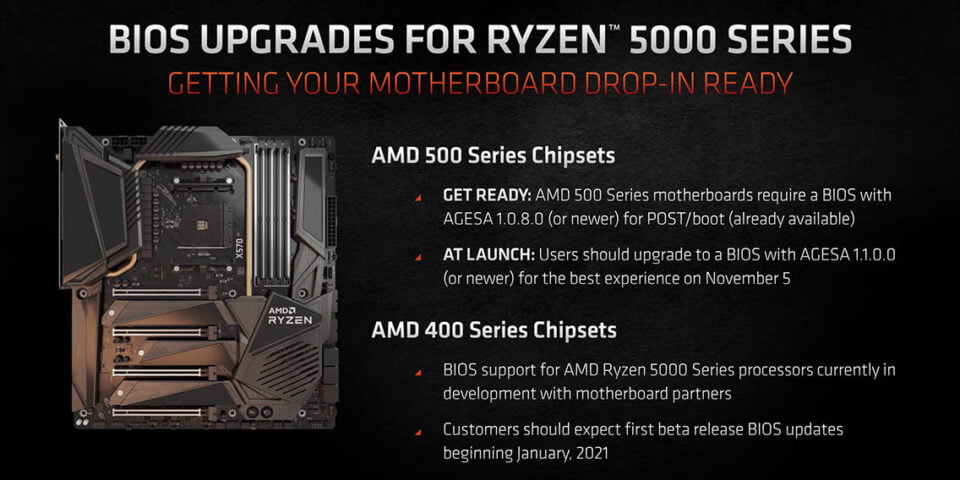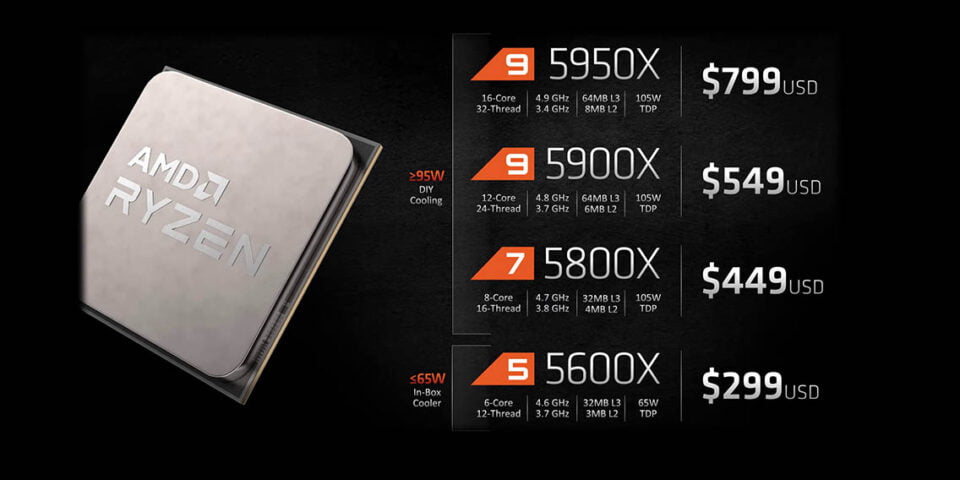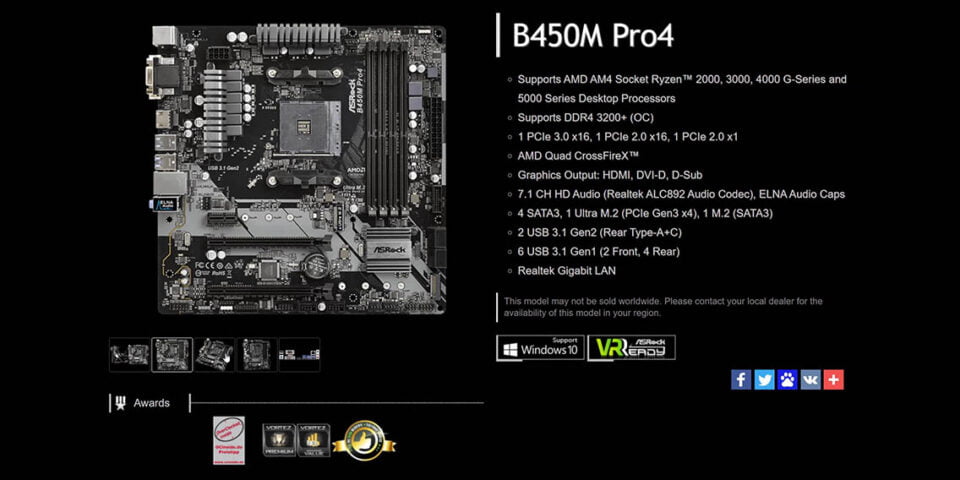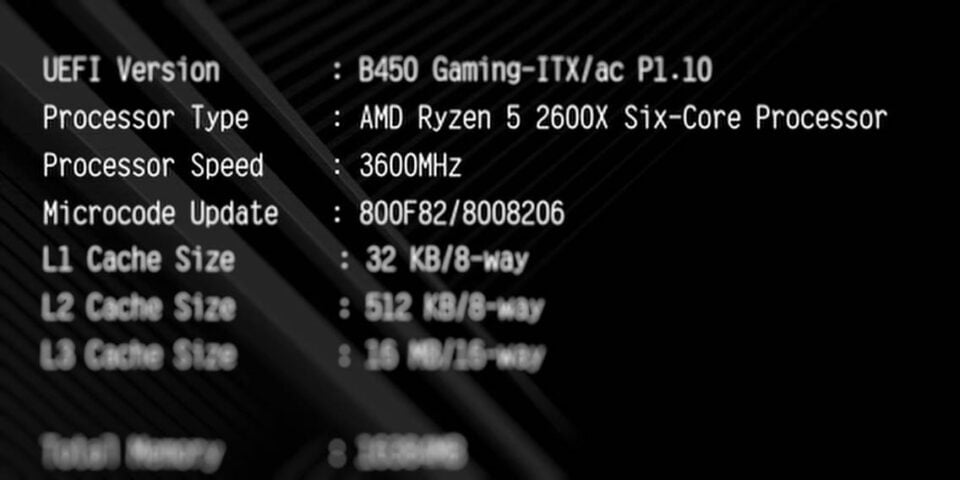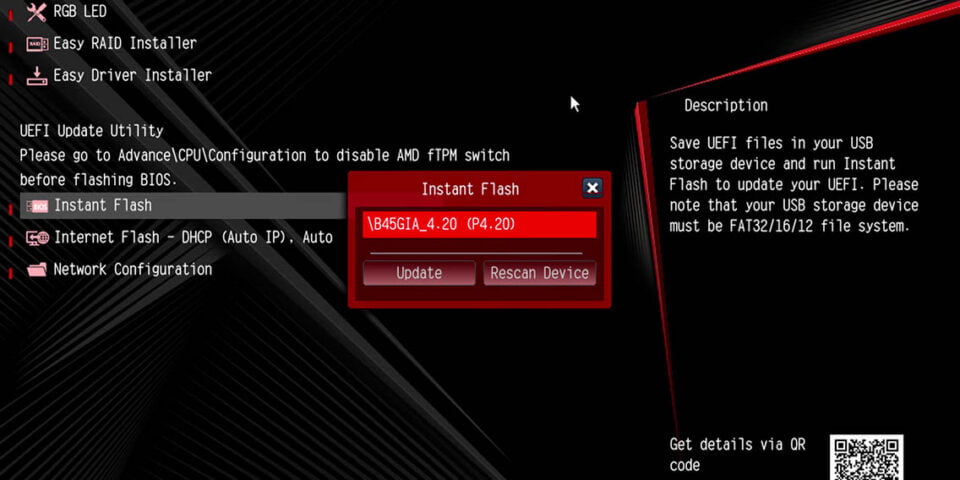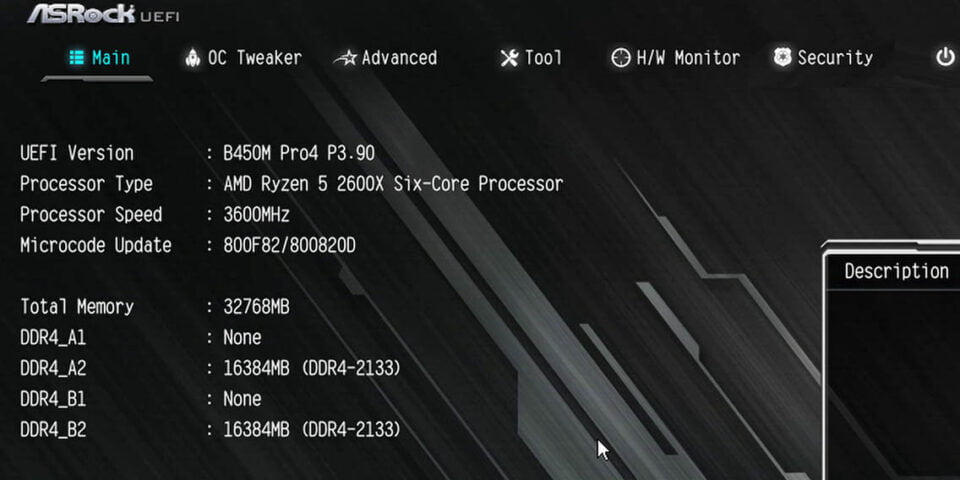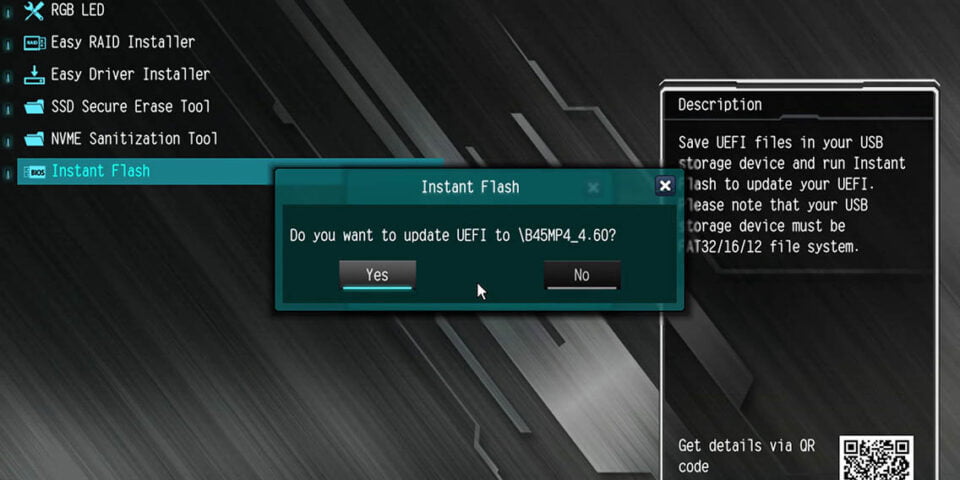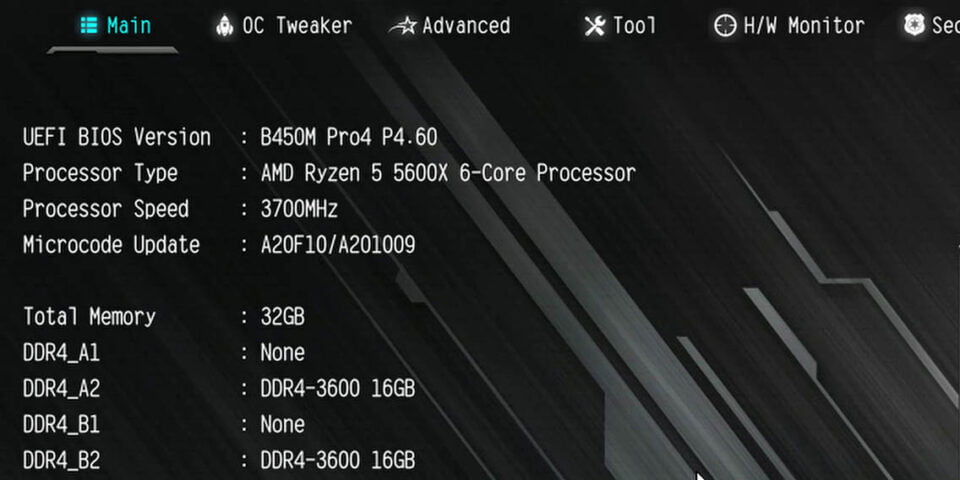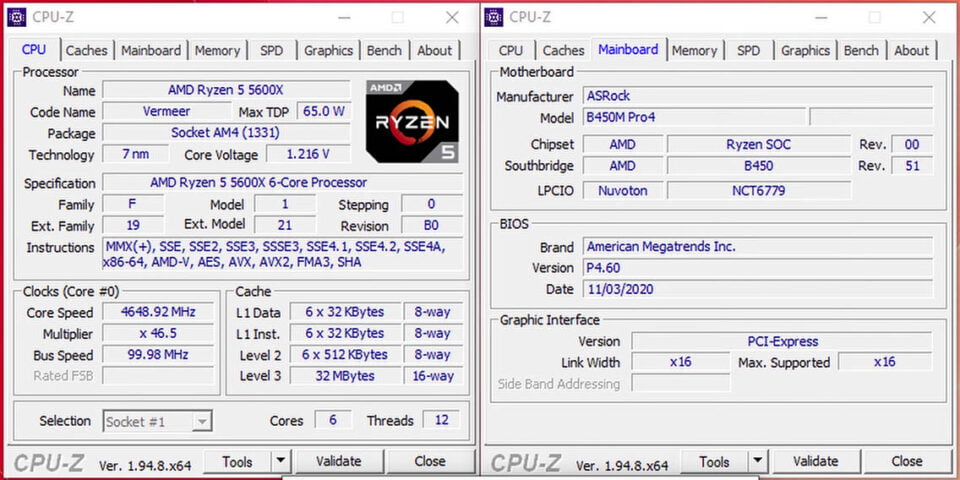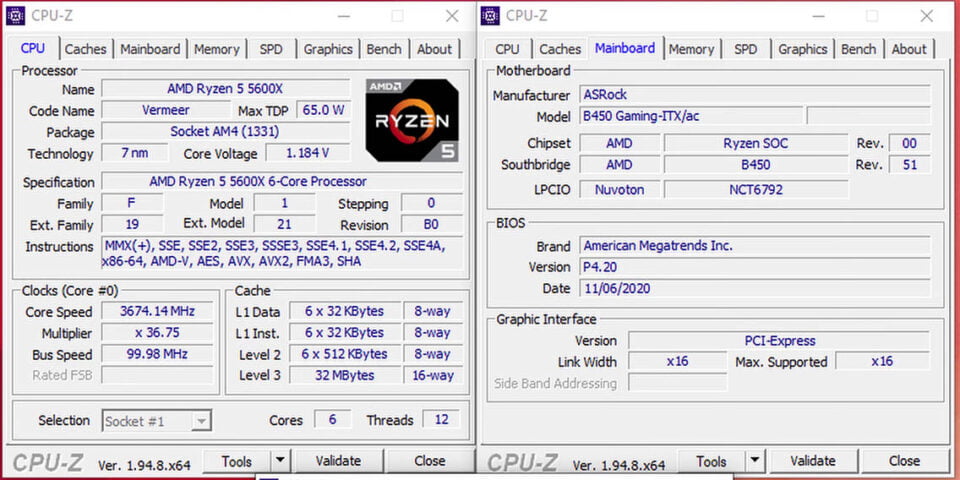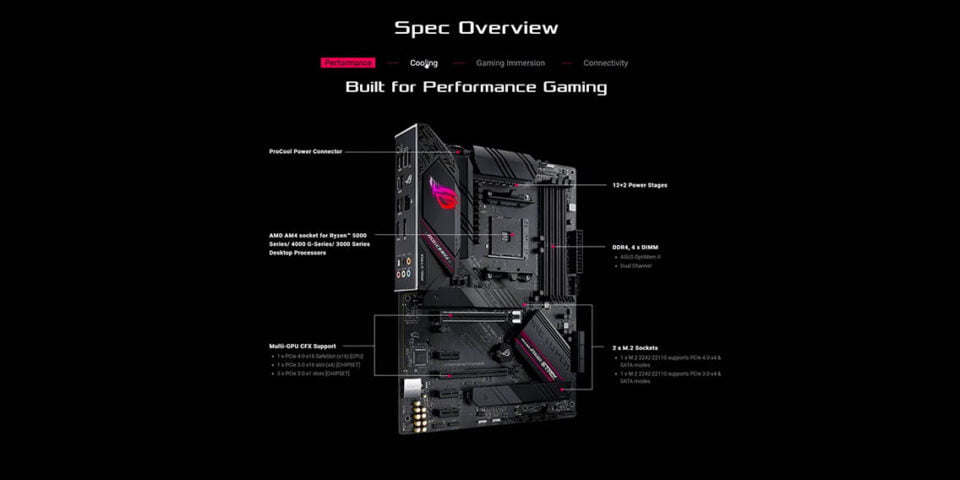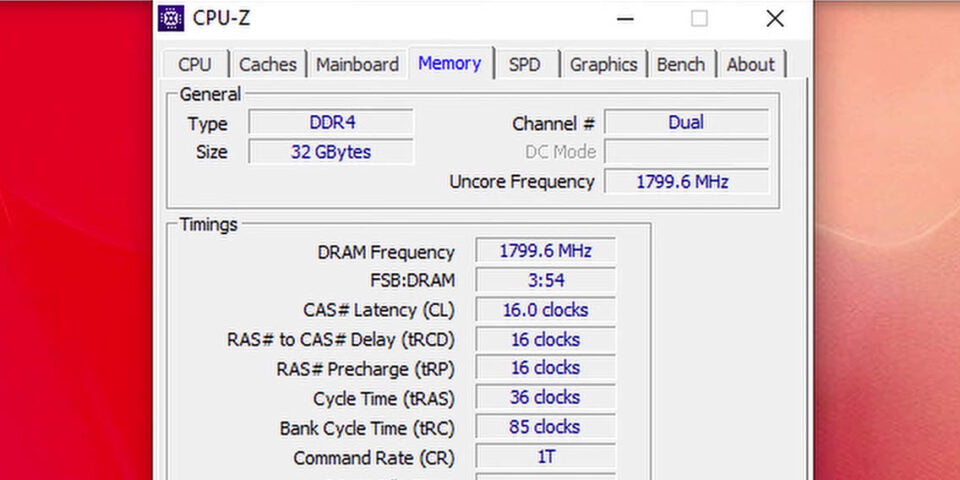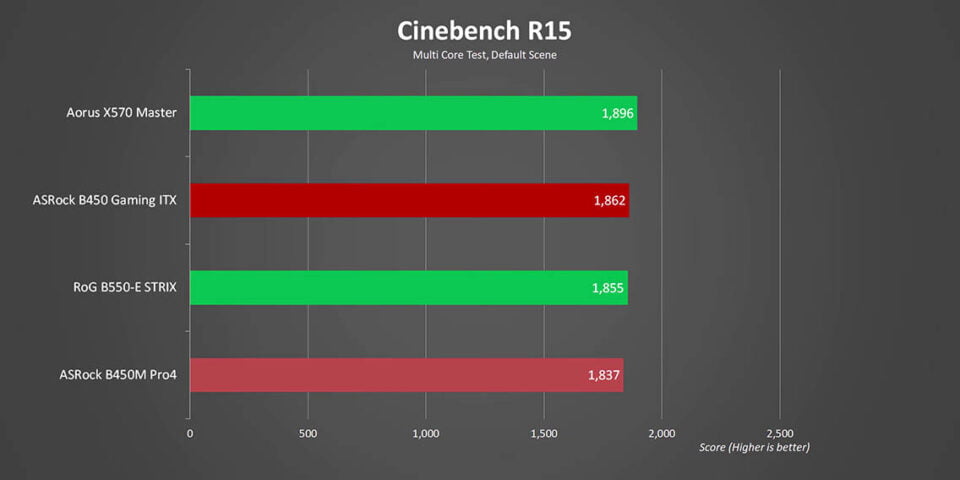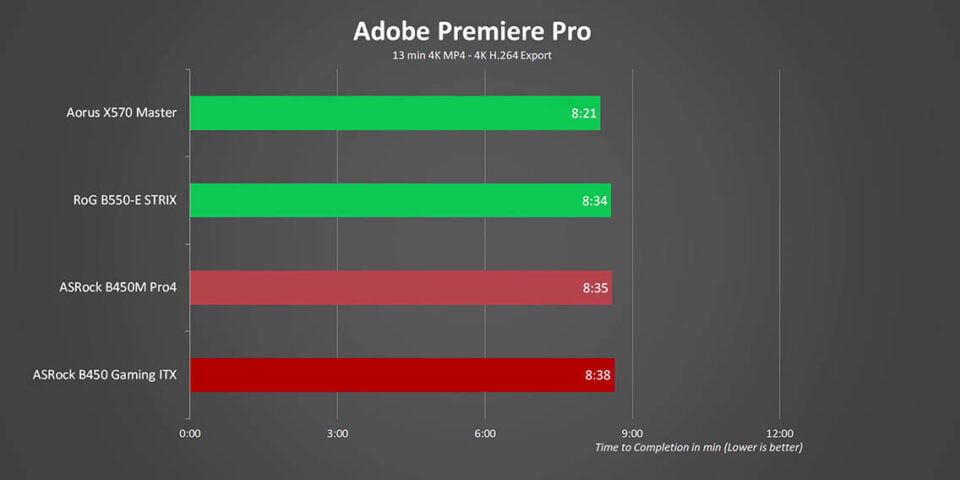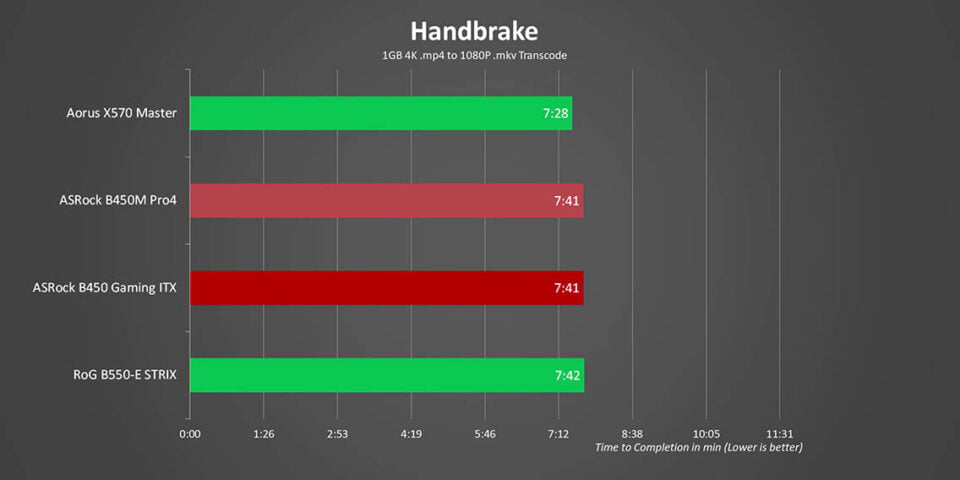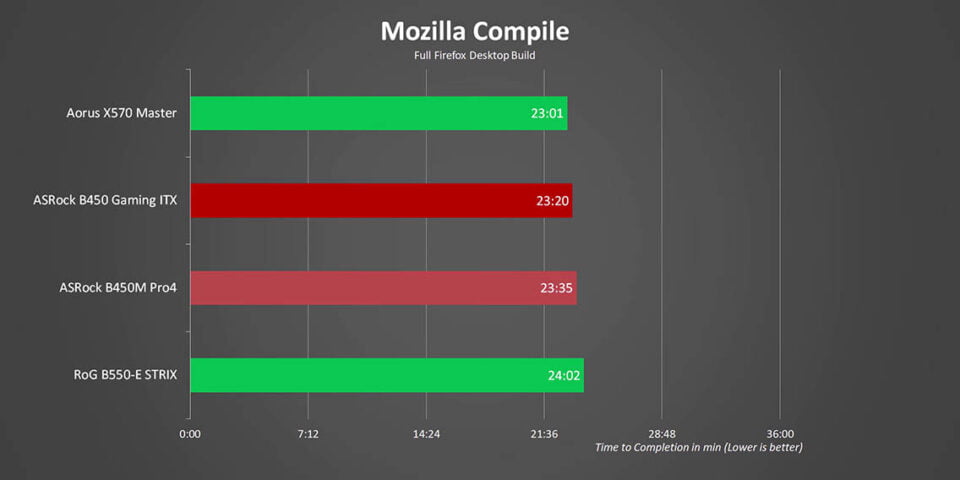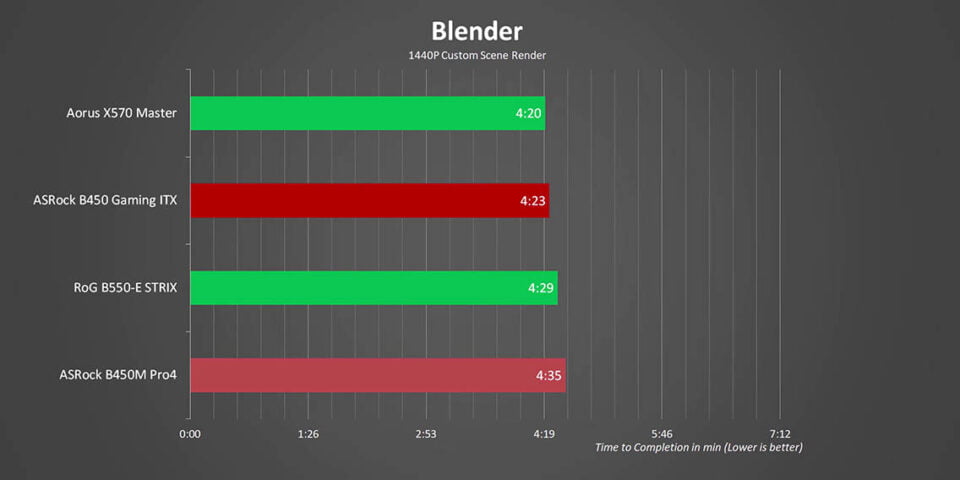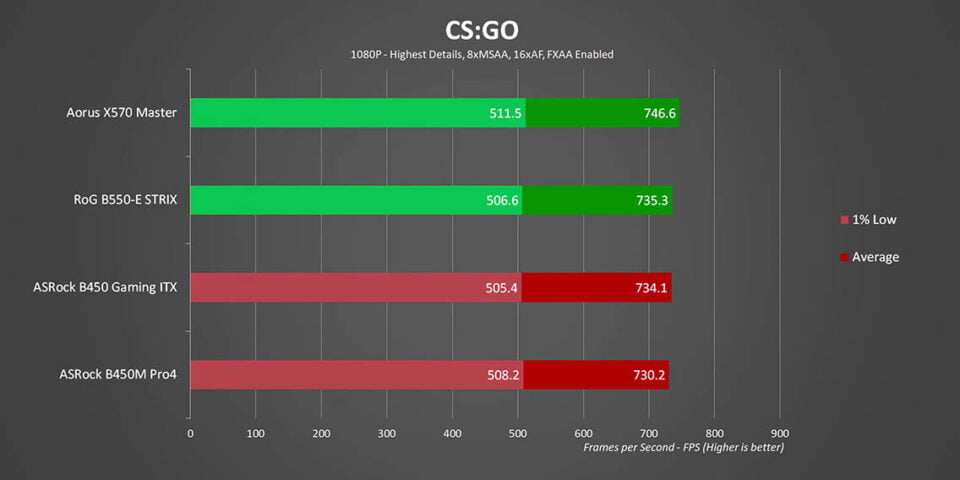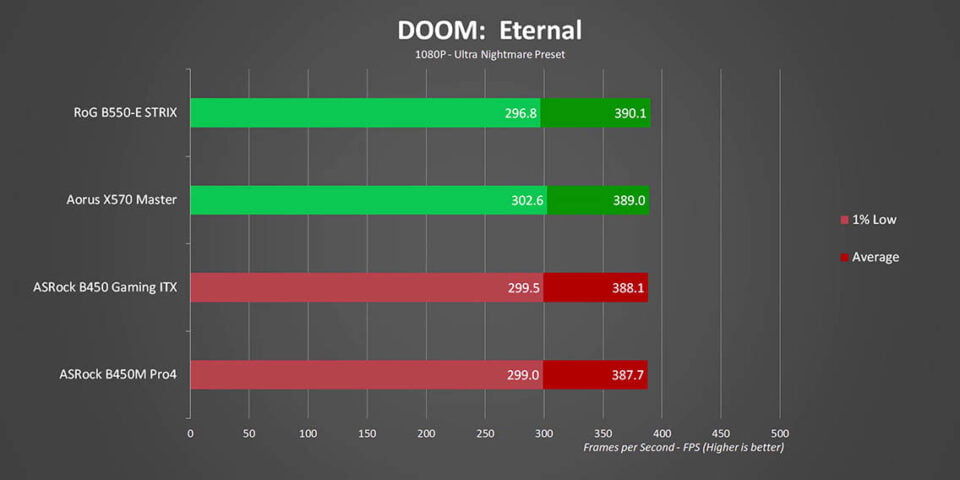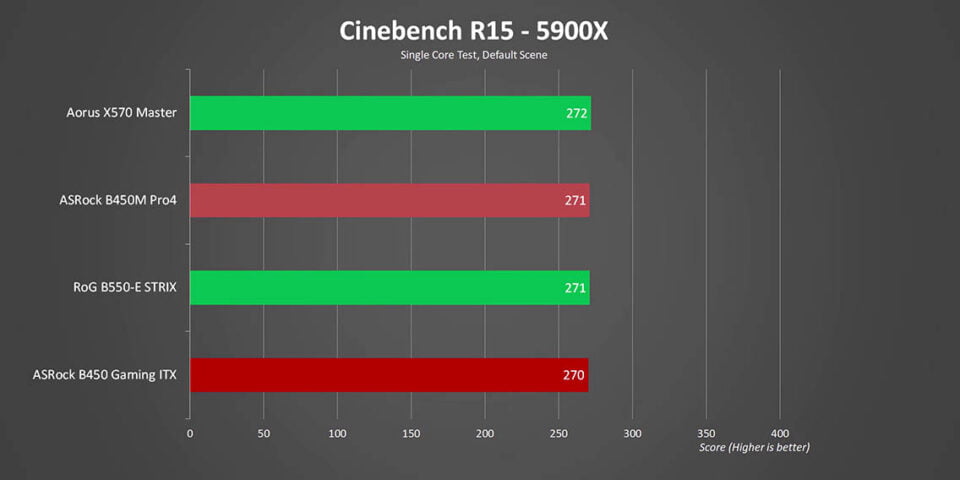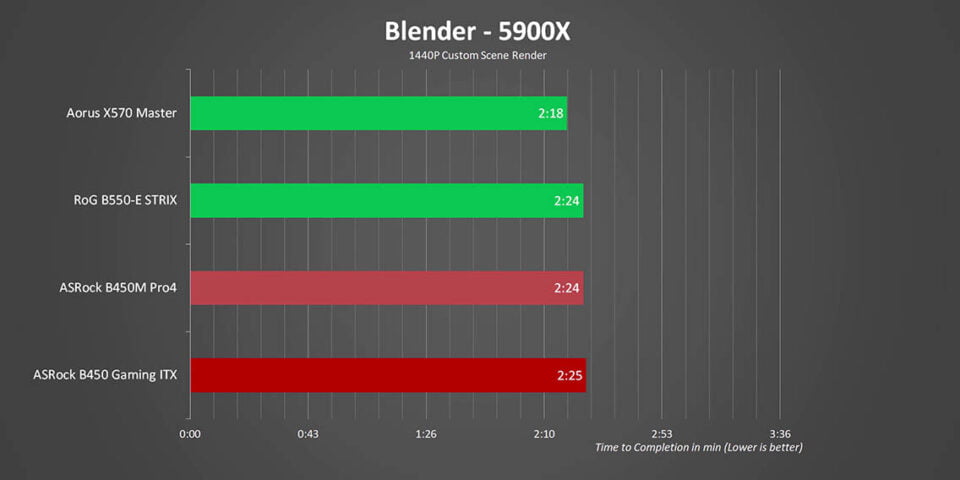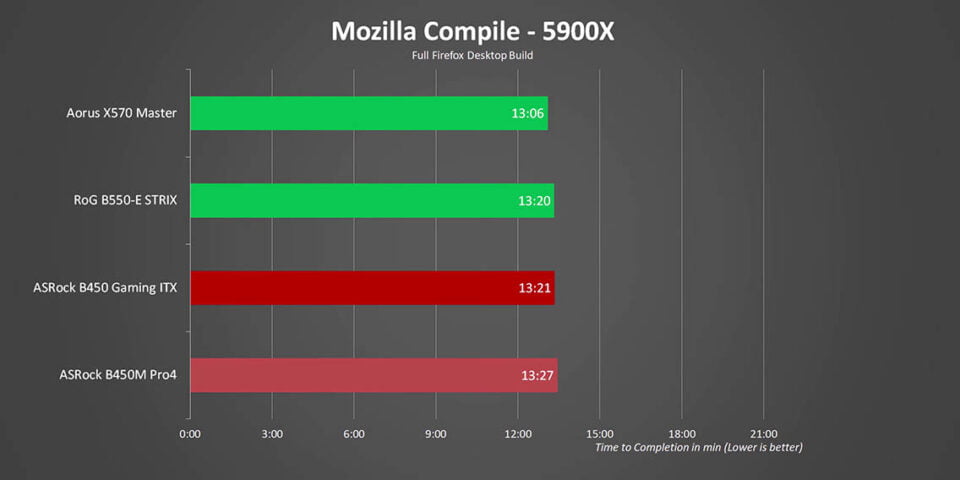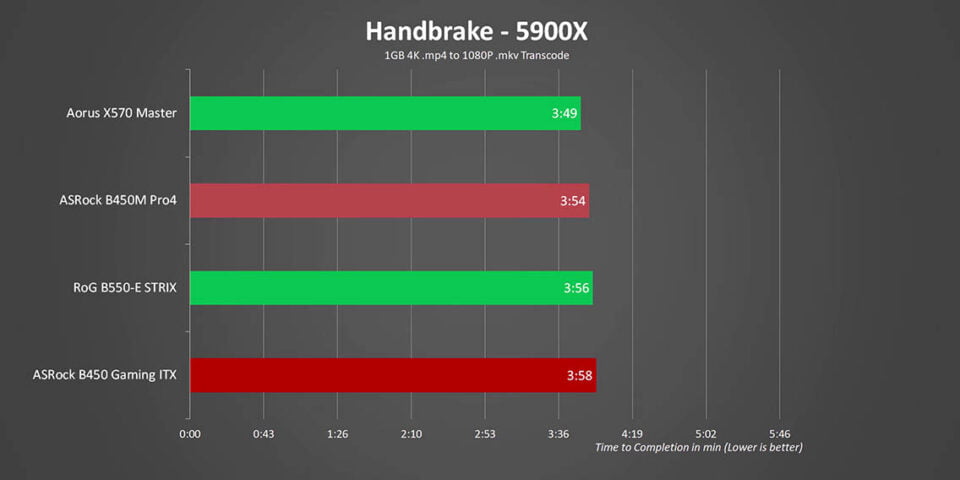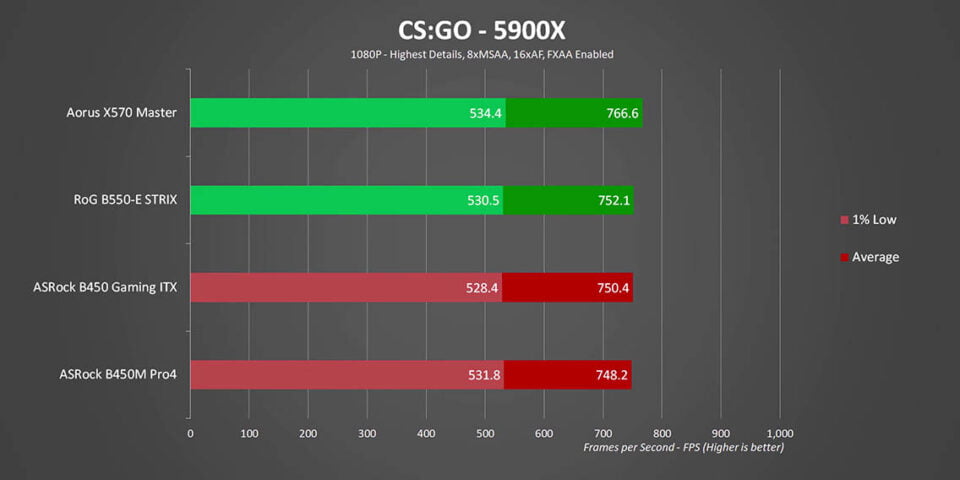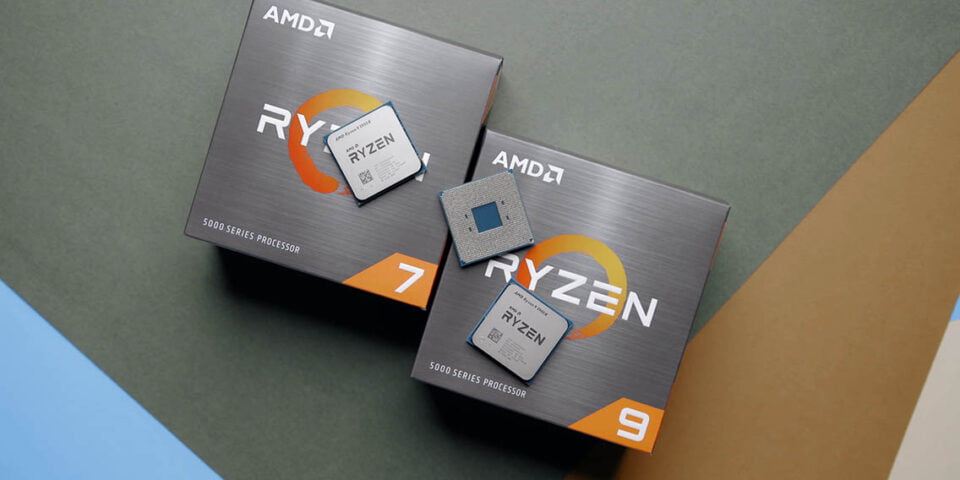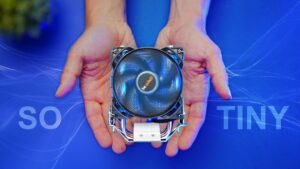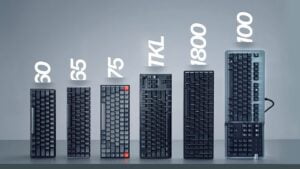AMD B450 WORKS with Ryzen 5000 – BIOS Update Performance

Share:
Table of contents
The crazy launch season is almost behind us, and I think it’s time to roll out some different content. Just the other day we woke up to some fascinating news: ASRock has rolled out BIOS updates for their B450 motherboards to support Zen 3 and the new Ryzen 5000 series processors. It might not sound like anything special since this was announced months ago, but according to AMD and a bunch of other motherboard manufacturers BETA BIOSes were only supposed to start rolling out in January at the earliest. According to our contacts this was done to control demand and give engineers time to basically optimize the BIOS for the lower-end platforms. Also, there is no doubt that they also wanted to incentivize people towards the slightly newer B550/X570 choices.
We are wondering what happened at ASRock, did they jump the gun and ignore AMD? We don’t really know, but what we do know is that we have some really affordable motherboards on the B450 side that support some really amazing Ryzen 5000 CPU’s. And that led to this article in which we will be talking about how to update to the new BIOS properly, what is different in the BIOSes, and if there are any performance penalties when using a Ryzen 5000 series CPU on a B450 motherboard.
I want to start off by saying that even though finding a Ryzen 5000 series CPU is kind of difficult, the stock for them is supposed to improve in the coming weeks. This is really good news for ASRock as well, because it opens up the ecosystem to more affordable combinations and they will definitely be selling a lot of B450 motherboards to be used with a Ryzen 5000 series processor. It also gives customers who are already on the B450 platform a clear upgrade path. These new BIOSes are so new that ASRock doesn’t even have support for Zen 3 on their X470 motherboards, but I’m sure that is just right around the corner too.
Currently Supported Models
Right now these are the motherboards that have the new BIOSes available for download, and they are all available on ASRock’s website right now. And also remember this is an early beta BIOS, so expect more optimizations as time goes on. Anyways, let’s talk about the process. for We took two ASRock motherboards, the first one being the B450 Gaming-ITX/ac, which was the worst case scenario because it had the original BIOS on it from 2018. The other one is the B450M Pro4, which also happens to be one of the most popular B450 boards of all time according to Amazon’s bestseller information. This one had the slightly newer BIOS update on it already installed from December 2019. Now before we continue some super important information is that none of these B450 motherboards will be shipping with the new BIOS to support Ryzen 5000 CPUs, so don’t expect to buy one right now off the shelf and pop in a Ryzen 5000 series CPU. It will not work and chances are they won’t even work with the Ryzen 3000 series processors because maybe these motherboards have been sitting on shelves for years, and the BIOS that rolled out in mid-2019 to support the Ryzen 3000 series processors might not even be installed on the motherboard. Keep that in mind.
Updating The BIOS
In our case, we used the Ryzen 5 2600X to update to the latest BIOS. If you have a 2000 series processor we don’t recommend that you attempt the update until you have a Zen 3 chip in hand since it’s possible that your old chip will no longer be supported. The actual BIOS updating was super straightforward for the B450M Pro4, we simply unzipped the new BIOS file, popped it on to a USB drive, entered the BIOS, and selected the instant flash option from the tools menu. It quickly updated and then we shut it down, and installed the new CPU. You will want to re-enter the BIOS to set your preferences. With the B450 Gaming-ITX/ac, everything went by design, there were no issues at all, so a big thumbs up to ASRock for making sure this process is straightforward and really well done.
With the updates done, I think it’s time to talk about what you’re losing on the B450 motherboard series versus the latest B550 or X570. The biggest omission would be PCIe Gen4 support, and unless you are willing to spend a ton of money on a compatible NVMe SSD this not something that is going to matter for budget conscious consumers. It you view it as kind of future-proofing for GPU’s down the line, that is a possibility, but currently even the highest-end of graphics cards don’t gain a significant advantage by utilizing that additional PCIe Gen4 bandwidth. Having said that the B550 boards are generally built to a higher spec in order to handle that PCIe Gen4 signaling, they have upgraded power distribution, and in many cases their connectivity options are better too. In our case, we are using a Ryzen 5 5600X at stock settings and everything was flawless, there were no issues. Now the interesting thing is that we were using a Ryzen 5 3600X beforehand, and that one had issues running DDR4-3600 CL16 32GB memory. Whereas after the update with a 5600X CPU and the new BIOS we had no problems with memory whatsoever. We are not sure if it was because of the BIOS or the processor or the combination of both, but it’s still worth mentioning.
5600X Benchmarks
Now what about performance? Above is our test configuration, we are using a GIGABYTE X570 AORUS Master motherboard, which AMD has recommended as their Zen 3 review platform, so it has been optimized exactly for Zen 3. We are also using an ASUS STRIX B550-E with its latest BIOS to present the B550 chipset. The first test we ran was Cinebench R20 and right away it looked like there was something going on because the scores were pretty far behind the X570 motherboard. It looks like that is a hotrod motherboard since the B550 and the B450 motherboards lined up almost perfectly. Cinebench R15 shows even less of a gap in multi-core results than the R20 did, and the same thing can be said about single core, which is good news for gaming.
Moving on to some real world results, and there is really not much to say with very little to nothing separating the systems. However, something that does need a bit more research is why the AORUS Master that we used for launch day review remains consistently ahead and by more than a margin of error. I think when you to look a bit closer at how AMD’s these handpicked Ryzen 5000 series review motherboards line up to the X570 motherboards most people are buying. Our AutoDesk Maya test is a pretty intensive workload that puts 100% load on all cores for almost 30 minutes, so if there is going to be any issues with VRM throttling it would probably show up here. Thankfully, everything was as expected with the B550 and B450 motherboards battling it out. So far I really couldn’t see any reason not to recommend the B450 option.
5600X Gaming Benchmarks
Moving on to gaming at a lower resolution of 1080P, every one of these platforms performs pretty much identically, even though the B450 boards are using the PCIe Gen3 against the faster interface on those newer motherboards. However, like I said before, there is just no reason to worry about PCIe Gen4 right now even with the highest-end GPUs installed.
5900X Benchmarks
All right, so those are the results with the 5600X, but then we decided to step things up a bit with the 5900X and see if there is any difference. Thankfully, we are happy to report that the B450 and B550 motherboards offered the same performance through every benchmark while the X570 still showed significantly higher results in some situations. I think this is all about optimizations being prioritized to certain higher-end motherboards over others, but one thing is certain all of these ASRock updates are not causing any stability or performance issues in the apps that we tested.
Conclusion
To conclude, for current B450 users that is fantastic news, especially for those who were thinking of buying a Ryzen 5000 series CPU. You can do that with confidence if you can find one. Well, I guess that’s it, I hope you enjoyed this quick piece of content. Once again, huge props to ASRock for pushing out these BIOSes so quickly, and this is just really good news that will help people on older platforms to upgrade as Zen 3 becomes more available.
Buy items in this video from Amazon at the links below:
ASRock B450M PRO4 – https://geni.us/B450MPRO4
ASRock B450 Gaming ITX/AC – https://geni.us/B450ITX
Ryzen 5 5600X – https://geni.us/5600XNOW
Ryzen 9 5900X – https://geni.us/R95900X
Crucial Ballistix 32GB CL16 – https://geni.us/BALLISTIX32
Crucial Ballistix 16GB CL16 – https://geni.us/BALLISTIX16
Fractal Meshify 2 – https://bit.ly/FRACTALM2
BIOS Update Files Here – https://bit.ly/2KnCi1s


